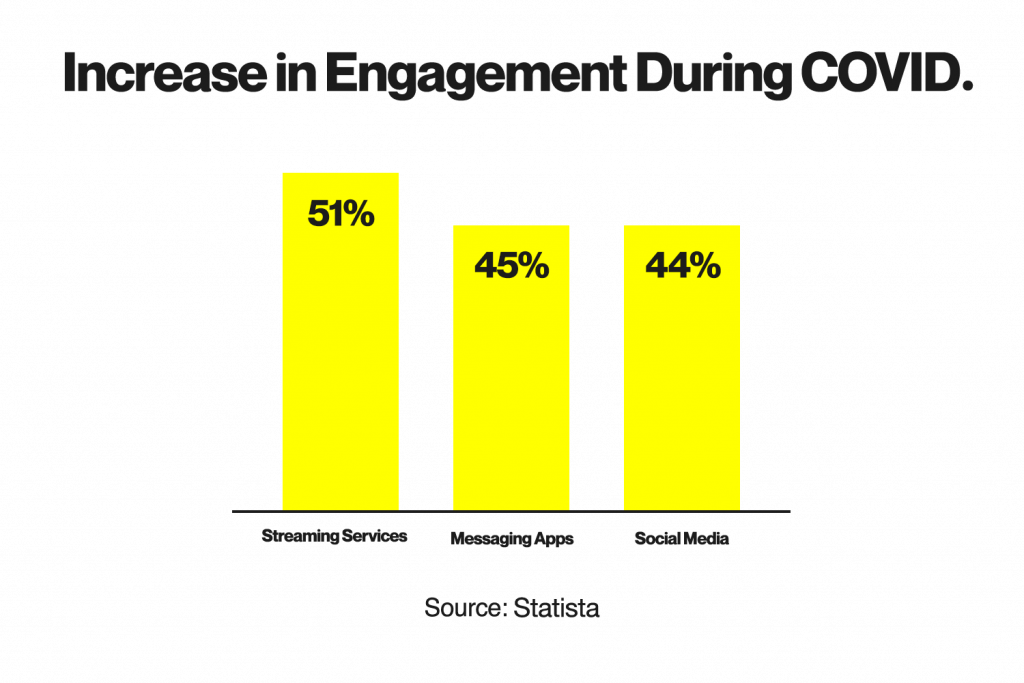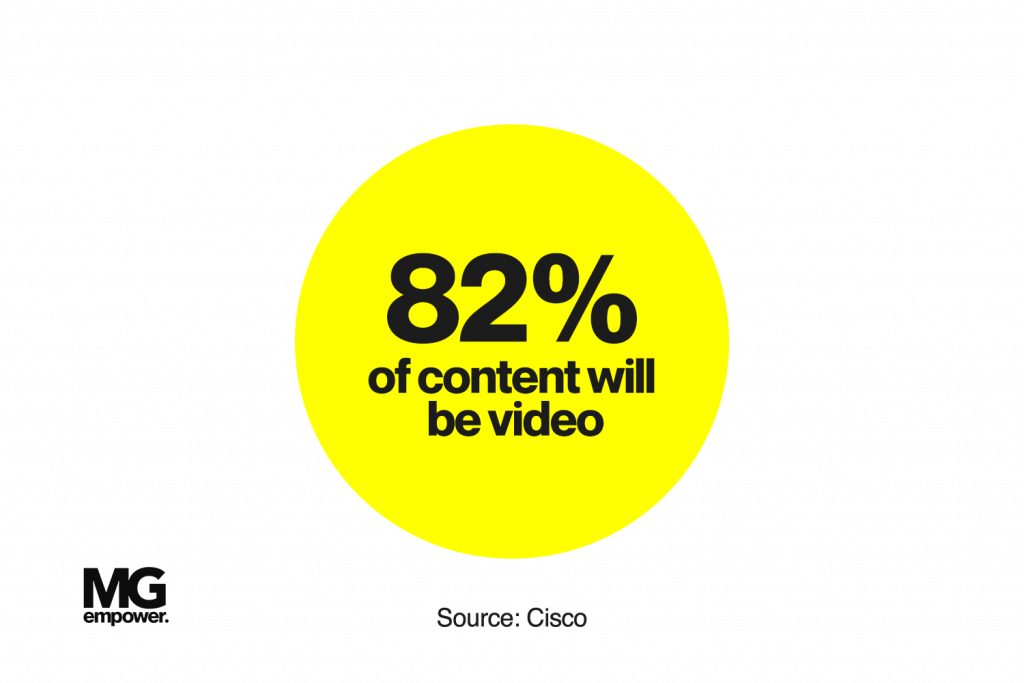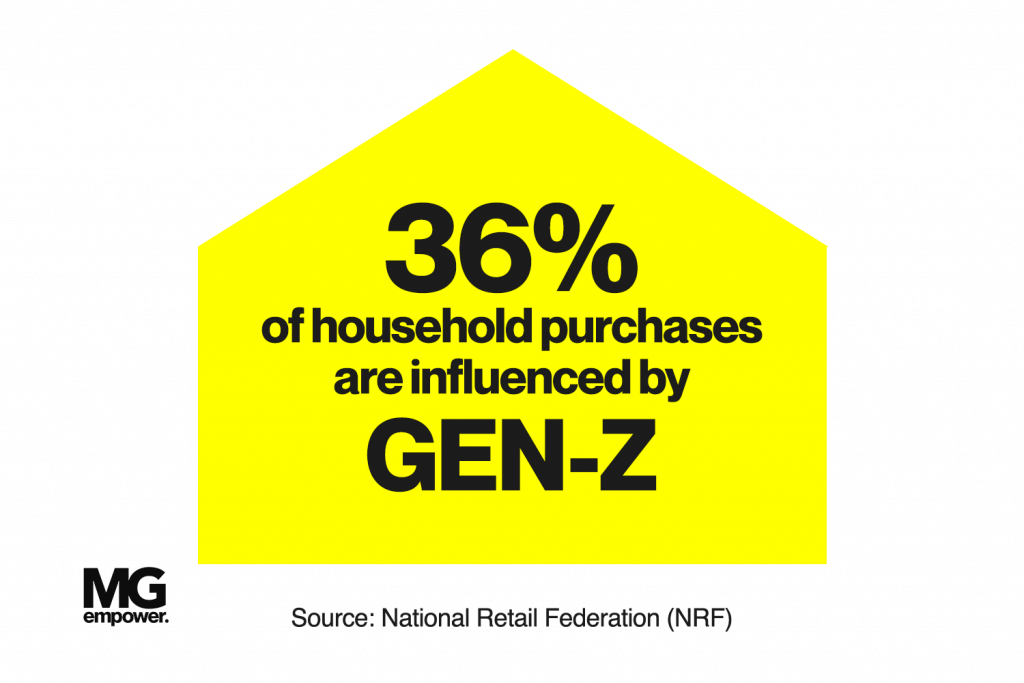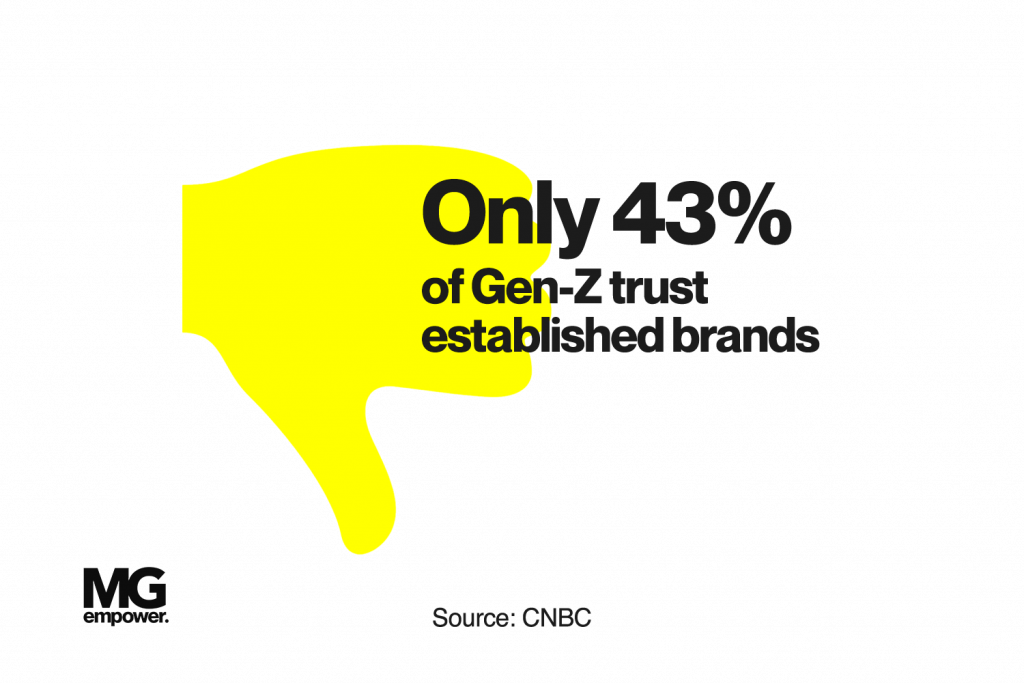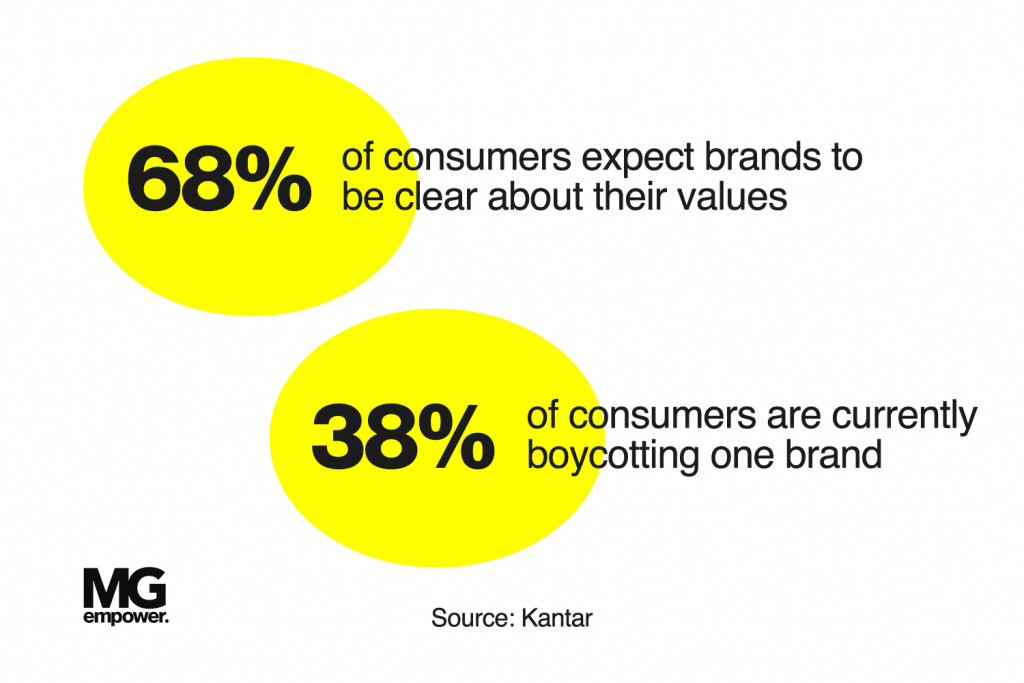In 2020, there’re two main factors have come forward to reshape both the influencer marketing industry and digital culture at large. They’re the purchasing power of Gen-Z and the COVID-19 pandemic. In this guide, we will show you how Gen-Z reshapes Influencer marketing in the COVID-19 pandemic.
While Gen-Z has been a driving force behind the growing shifts in digital culture, the pandemic brought with it a global shutdown and self-quarantine orders that saw consumers need to rethink all the things from their personal interactions to how they shop.
However, despite the dire circumstances, post covid society has seen a rapid acceleration of digital adoption. The COVID-19 pandemic cementing the shifting digital trends first embodied by Gen-Z.
Together, these agents of change are moving brands, industry, and society into a brand new age of digital connectivity. Here are some takeaways:
- The average Gen-Zer spends 30% more time online than earlier generations.
- Additionally, they have increased buying power. 36% of household purchases are influenced by Gen-Zers.
- Regardless of this, brand trust is down among Gen-Z, with only 43% of the group trusting established brands.
- Content consumption, in addition to content creation, has risen.
- By 2022 82% of content will be video.
- Brands are making the most of user-generated content or UGC to fill the gaps in production and relate extra to consumers.
- 72% of U.S consumers want to see their values reflected by the brands and famous people they follow.
- Live stream viewership grew by 99% over the previous year during the pandemic.
- More brands are investing in personalized experiences to keep customers engaged. 80% of consumers are more likely to buy a product if the experience is personalized.
- Traditional demographics are quickly becoming obsolete as identifiers, with consumers tending to form communities around shared values.
The Impact On Customers
More Time Spent Online
Our lives have been rising steadily more digital for some time now. This trend has peaked in Gen-Z, the very first generation of digital natives.
With Gen-Z, more than any other generation, life is almost lived online. When it comes to time spent online on social media platforms, streaming movies, and music, PRDaily reports that Gen-Z spends thirty percent more time on these endeavors than their predecessors.
However, the advent of the COVID-19 pandemic has been accompanied by record engagement numbers across social media and streaming services.
According to a report by Statista, the use of streaming services such as Netflix was up fifty-one percent globally. In the meantime, the use of messaging apps such as WhatsApp and Facebook messenger, and overall time spent on social media, also rose globally, by forty-five and forty-four percent respectively.
Increase in Video Content Creation
With this increase in engagement and online activity, comes an increase in demand.
According to Cisco, by 2022 eighty-two percent of all content will be video content, and for good reason.
Apps like TikTok and more recently, Instagram’s Reels extension, make it easier than ever to create and score your own video content.
And while both these apps have seen great adoption from the likes of Gen-Zers, the pandemic brought a rise in TikTok downloads, extending the app’s reach beyond just the millennial and Gen-Z crowd.
UGC Is The Future
The allure is simple to understand. TikTok and apps like it provide users with easy-to-use tools for editing and including effects to their own videos.
With content being consumed at an all-time high, social media users now have all the tools they need to make the kind of engaging content they want to see.
With more time being spent at home as a result of the pandemic, users have more time to invest in creating and editing content that resonates with their audience.
And brands are taking notice.
The Influencer As A Production Studio
In the opening months of the pandemic, with production and lots of staff members relegated to working from home, major brands started to put their influencer marketing campaigns on hold.
However, as the lockdown orders stretched on, some brands began reaching out to influencers to use them as impromptu production studios. As a result, we’ve seen an influx of more personal or relatable content pushed by the creators’ connection with their followers.
For brands, leveraging this type of relationship and the content produced will be incredibly necessary going forward.
The Impact on Brands
Gen-Z’s Purchasing Power
Regardless of their relatively young age, according to Deloitte, Gen-Z already represents one-third of the global economy. However, what exemplifies their purchasing power is the effect they wield.
A report by NRF shows that 36% of household purchases are influenced by Gen-Zers. Given the numbers, it’s no stretch to assume that Gen-Z’s values are rapidly impacting and shifting those of previous generations.
And as Covid keeps families close to one another, this shift in values is already having an effect on brands.
A Bigger Focus on Authenticity…
That’s because, in our post-Covid world, the important thing to connecting with consumers is authenticity.
Trust has always been an essential factor in marketing. However, what has changed through the years is the criteria for earning that trust. With Gen Z, authenticity is key.
Authenticity has become a little bit of a buzzword over the past couple of years. However, with digital natives, its importance belies natural skepticism. A report by CNBC states that only 43 percent of Gen-Zers believe in long-established brands.
In light of this scrutiny, brands won’t be able to rest on their laurels or past accolades when making an attempt to market to them. Instead, they’ll need to concentrate on their actions.
Social Responsibility is a Must
As a demographic Gen-Zers are generally passionate about the values they hold.
However, what’s really changing the landscape of influencer marketing is that today’s consumers are looking for these values to be reflected by the brands they shop and the influencers they follow.
According to a study by BBMG and GlobeScan, a majority of Gen-Z feel that businesses should serve the interests of society. That means, going forward, what a brand stands for, will be just as essential as the image they promote or what they sell.
Greater Accountability
However, it’s not just Gen-Z holding brands and influencers accountable for their activities. In the climate created by the COVID-19 pandemic, missteps are costly and backlash immediately.
With people spending more time on social media, viewing live streams, and so on, life under covid has afforded many people a peek into the lives of others.
Influencers Daniel Bernstein and Namoi Davis were both on the receiving end of backlashes during the global pandemic. Source: Instagram
Celebrities quarantining in lavish mansions, influencers shirking quarantine guidelines to take impromptu road trips, these actions have come across as tone-deaf. And they’ve come at the expense of social capital.
And in some cases, literal capital.
The Power of The Purse
According to Kantar, 68% of U.S customers expect brands to be clear about their values. And when those values don’t align their own, today’s customers won’t hesitate to cut ties.
Brand boycotts, such as the one recently launched against Goya Foods, have become a popular tool for customers to reinforce their values.
By leveraging their relationships with brands and vocally withdrawing their support, consumers have the ability to influence just where their favorite companies stand on essential issues.


